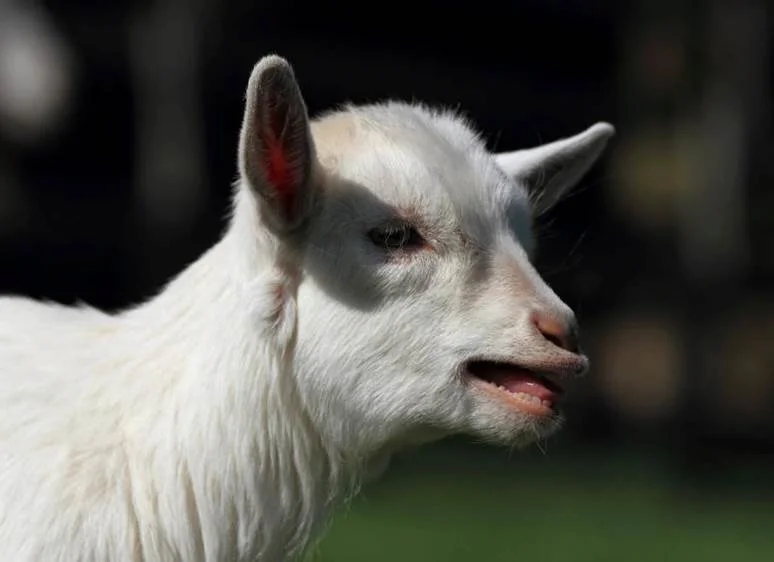Elodie F. Briefer, Can Different Species Understand Each Other's Emotions?
June 22 2024, 17:00 BST/ 12:00 EDT/ 09:00 PST (5pm BST/ 12pm EDT/ 9am PST)
Can Different Species Understand Each Other's Emotions?
The expression and perception of emotions play an important role in social species, as they regulate interactions. The existence of similarities between species in the expression of emotions had already been suggested by Darwin in 1872. However, since methods for scientifically and objectively studying animal emotions have only recently been developed, it is not clear whether these similarities actually exist.
In this lecture, Dr. Elodie Briefer will describe the results of a large comparative study that investigated similarities in the vocal expression of emotions in several species of domestic animals (horses, pigs, goats, and cattle) and wild ungulates (Przewalski's horses and boars). The study also examined the perception of emotions within and between species, including human perception of ungulate emotions. More recently, the research has incorporated machine learning algorithms to explore the potential of these techniques for the automatic classification of emotions within and across species. These findings provide interesting insights into the evolution of vocal expression of emotions and the factors that may influence cross-species perception of emotions.
Elodie is a behavioral ecologist, who has been studying animal behavior and more particularly bioacoustics for over 19 years. She has been working on a wide range of species, from songbirds to ungulates, and has published more than 60 peer-reviewed papers. She is an Associate Professor at the University of Copenhagen and the head of the Behavioural Ecology Group. The main focus of her group is the interconnection between acoustic communication, emotions, and social networks, in order to understand how emotions influence communication, how emotions are transmitted between individuals and influence social relationships, and how acoustic communication affects social interactions.




